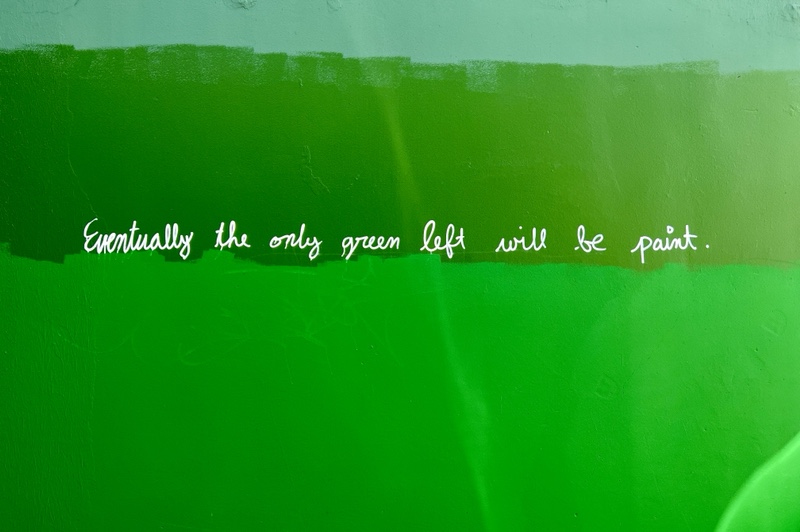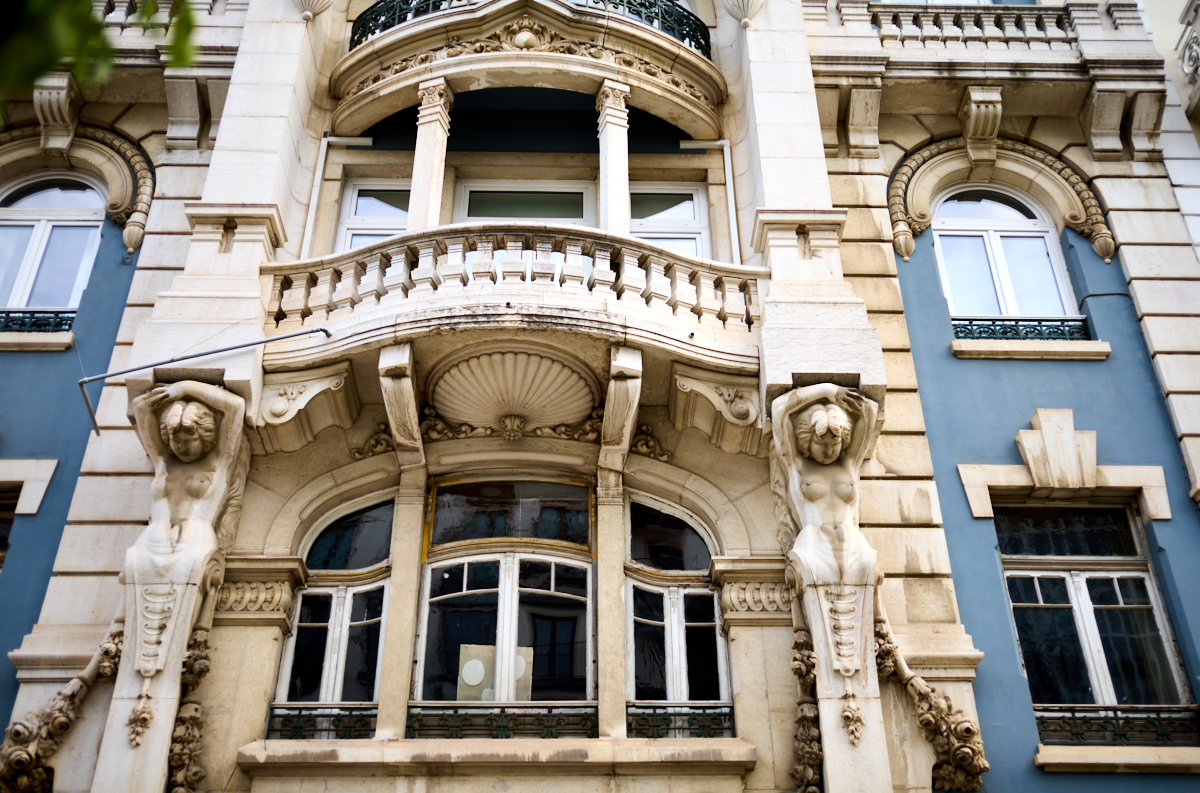02022-09-07 | Podcast, World
It was forty minutes before sunrise, and I was about to leave the house to start my morning walk, when my partner suggested a podcast she had discovered. I hadn’t picked anything to listen to yet and so I downloaded the first two episodes of this podcast about the History of English. After an introduction, the host read a text in Modern English, Middle English, and Old English. Those three generations of English sounded very different. To my ears Middle English sounded a bit like Scottish and Old English sounded more like a Scandinavian language. I learned that the power of English lies in its huge vocabulary, the result of the absorption of many words from other languages. I find that this makes Brexit even more puzzling. Perhaps there was a precedent in how Japan adopted a policy to confine itself from the rest of the world, set up by the Tokugawa Shonugate in the 17th century?
After my walk I came across a tweet that quoted this article about a Missouri school district that revives paddling to discipline students. I replied Paddle revival… the desire to go backwards is strong. Hopefully this will lead to horse-drawn carriages soon. :-)
Will an aging population drag cultures backwards? People generally live longer than ever before – although there are exceptions like this: Life expectancy in the United States continued to fall in 2021 for the second year in a row to 76.1 years, the lowest since 1996, showed the report published by the U.S. National Center for Health Statistics (NCHS) last week (link). Is it an aging population, and their fond memories of a fictitious past, or is it, perhaps, the contraction that inevitably follows any expansion.
Tempo dirá… time will tell. Tomorrow I will listen to more of the podcasts about the History of English.
02022-08-17 | World, Writing
I think most of us can remember getting caught in a lie or a deed that got us into trouble. The brain worked feverishly to come up with a suitable excuse while the parent was simply shaking their head in disbelief.
I imagine many slave owners knew in their bones that it was wrong but searched for excuses for their enslavement of people. If we can only come up with reasons why the enslaved is inferior to the enslaver… then we might be able to continue with this business. See scientific racism (Wikipedia).
If I remember history correctly, slavery existed for millennia but, until a few centuries ago, people never came up with the excuse of the slave being inferior — slaves were simply the soldiers and people who had lost the war and therefore became the slaves of the victors.
These days we hear politicians claiming that migrants and immigrants are inferior people, or even criminals. Throughout history animals and humans have migrated. The reasons were droughts or disagreements or simply the search for a different life. Foragers rarely fought and it was more likely that groups would split up and go their different ways. One such splinter group may have led the exodus out of Africa. So, in essence every non African is a migrant.
Many Silicon Valley hotshots own property in New Zealand – Business Insider, Bloomberg, The Guardian. People buy property in coutries to obtain a golden visa. How is that morally superior to a family needing to leave a drought zone, a war zone, or a zone that has no opportunities for their children? And then there is climate change. Shouldn’t the industrial nations, who contributed more to causing climate change, help people displaced by climate change?
I wonder whether, just a few decades from now, history will view the issues surrounding immigrants today as similar to how slavery was once seen. Is migration the new slavery? I was reminded of a sentence I read in the excellent book Grand Hotel Europe, by Ilya Leonard Pfeijffer:
Those who believe they are suffering tend to blame people who are suffering even more. The weak are generally gunning for the even weaker.
Those are two deeply troubling sentences. I have reread them many times and can’t claim that they are wrong.
02022-05-21 | Photos, Touring, World

I posted that photo to Twitter and added the following:
I think we tend to believe the (false) story about the frog, who boils to death because he can’t decide when it’s too hot, because that’s us, that’s human nature.
It feels like everyone is waiting for a signal. “I don’t want to change if others don’t. I think they will find a technological solution. It’s not so bad.”
The wealthy, corporations and individuals, want to make a little more money, buy more acres in NZ. When asked how much 💰 was enough Rockefeller replied “just a little more”.
See also The Bystander Effect and The Abilene Paradox.
02022-05-03 | World
… might as well be space…
All RNA and DNA Base Types Are Found in Meteorites, Study Claims | The Scientist Magazine®:
All five nucleobases that make up DNA and RNA have now been detected in meteorite samples, according to a study published yesterday (April 26) in Nature Communications. The work used recently developed techniques to identify not only adenine and guanine—which had previously been identified in samples from some of the same meteorites—but also cytosine, uracil, and thymine, supporting the idea that the precursors of life could have come from space.
The meteorites could have been contaminated after reaching Earth, but this is a interesting possability. Of course this could give rise to a narrative where some advanced species bombarded everything with rocks that contained the building blocks to see where and how life might spring up. But, said species didn’t survive the billions of years that followed and never witness this teenager of a humanoid species that acts like they are the only thing that matters. :-)
02020-10-15 | Health, Musings, World
It’s been very interesting to watch how people react to the pandemic in general and to mask-wearing in particular. This year has shown us a lot about people. There is the amazing and selfless care that so many nurses and doctors continue to give. Too many of them pay for that with their lives. There is also the careless and egotistical behavior of those who endanger others on purpose.
We don’t wear a mask only to protect ourselves; we also wear it to protect others, in case we are unaware of being infected. People in Asia have been doing this for decades. If you’ve ever visited Japan or Hong Kong, you will have noticed people wearing masks in public, especially on crowded trains. Most of these mask-wearers either have a cold or another infection and wear the mask so that they don’t spread their illness.
Somehow we have allowed people to hold the belief that wearing a mask is equivalent to being afraid. Wearing a mask whenever I go outside does not mean I fear the virus; it means that I want to protect you as much as myself. I also want to protect some of the people closest to me, one of whom has diabetes and another, asthma. If I myself get the virus don’t bother with ventilation…just give me morphine until I die and then throw me in a dumpster. It’s not me that I am worried about.
Experts continue to tell us that if everyone were to wear a mask in public the virus would be gone within five to eight weeks. Just imagine… the pandemic could have been over months ago if everyone had actually done this!
The other day, I was grocery shopping when I saw a young man approach the store without a mask. A person working for the store, counting the people entering the store and checking for masks, asked the guy whether he had a mask. He pulled a bandana over his mouth and nose and was let into the store. Immediately upon entering he removed the bandana and started walking up and down the aisles of the store at a fast pace, mumbling to himself. The young man appeared to be homeless. He continued to run-walk around the store mumbling threats. Eventually, I saw him escorted from the store by a security guard.
I realized that what I was witnessing was an act of bullying. This person, most likely homeless, probably feeling powerless, entered a store that required the wearing of masks and proceeded to run around without a mask, talking and spreading potentially infectious droplets of his saliva.
This pandemic is offering bullies a golden opportunity through which they can flaunt their disdain for masks and watch people shy away from them. The sense of power! I am fearless! No, perhaps you are stupid, you act like a bully, and you are endangering yourself and others… all in order to give yourself a little jolt of power.
I think bullies have always been around, but they didn’t have the massive opportunities they have right now. Yelling at people who speak a different language, beating up a Japanese musician in the subway in Manhattan because he looked Chinese, marching around with weapons, not wearing masks… it’s a golden age for bullies.
My thoughts return to the homeless man in the grocery store. Bullies tend to be people who feel powerless. One aspect of bullying is called Radfahren in German. I don’t know whether the expression is used all over the country but I have often heard it used in Köln. The word literally means bicycling. This particular meaning derives from the position of the cyclist in the saddle kicking down into the pedals. Radfahrer bend their backs to receive the kicks from people or institutions above them and in turn they kick down to someone they perceive as less powerful than themselves. And perhaps this is what we are really learning now. Too many people feel helpless, powerless, uncertain, and not in control of their lives, and some of them derive a false sense of power from bullying others.
Our world is evolving rapidly and not everyone can keep up with the changes. People feel left behind, excluded and ignored. Inclusivity also means including the bullies and, perhaps in time, they will cease to be bullies. Bullies, like racists, aren’t born; they are created by society.




